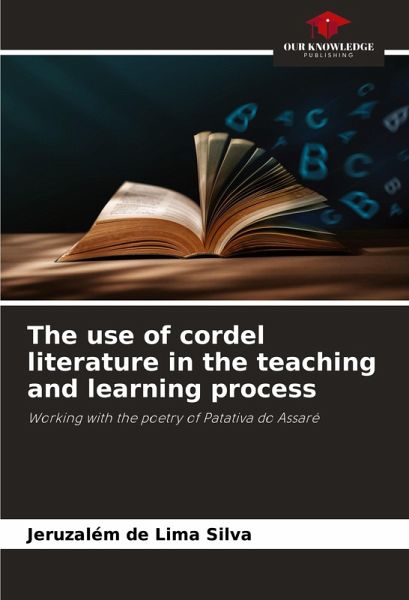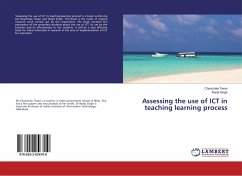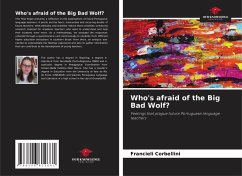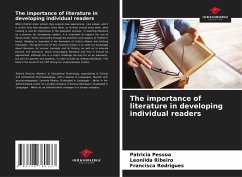
The use of cordel literature in the teaching and learning process
Working with the poetry of Patativa do Assaré
Versandkostenfrei!
Versandfertig in 6-10 Tagen
29,99 €
inkl. MwSt.

PAYBACK Punkte
15 °P sammeln!
This study works with the following theme: The use of cordel literature in the teaching and learning process. Cordel literature is a form of popular poetic expression with deep roots in Brazilian culture. Originating in the Northeast of the country, its history dates back to the 19th century, when poets improvised and recited verses to entertain local communities. Over time, these poems were transcribed into leaflets and hung on strings for sale, hence the name "literatura de cordel". This article examines the evolution and importance of cordel literature, highlighting its influence on the cul...
This study works with the following theme: The use of cordel literature in the teaching and learning process. Cordel literature is a form of popular poetic expression with deep roots in Brazilian culture. Originating in the Northeast of the country, its history dates back to the 19th century, when poets improvised and recited verses to entertain local communities. Over time, these poems were transcribed into leaflets and hung on strings for sale, hence the name "literatura de cordel". This article examines the evolution and importance of cordel literature, highlighting its influence on the cultural traditions of Brazil. The use of cordel literature is analyzed, specifically through poems by the author Patativa do Assaré, in a quilombola school in the capital of Paraíba, João Pessoa. Its characteristic poetic structure is considered, which often includes specific rhymes and metrics, in addition to the diverse theme that covers social and political themes. Cordel literature plays avital role in preserving Brazilian cultural identity, transmitting traditions and values from generation to generation.














